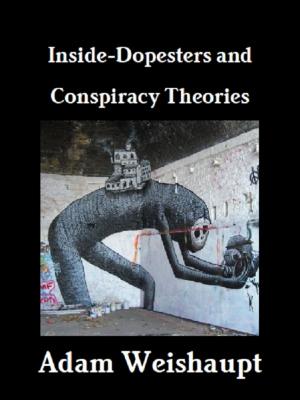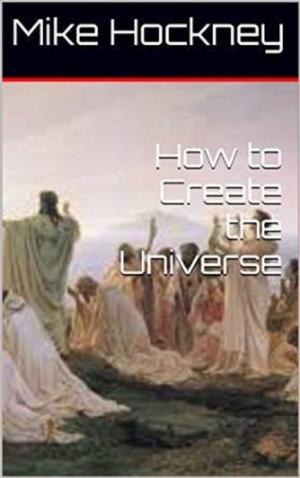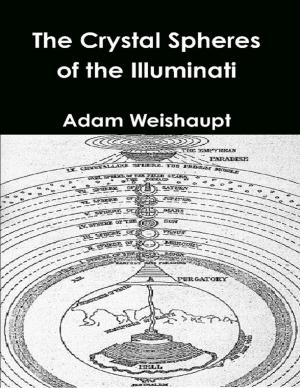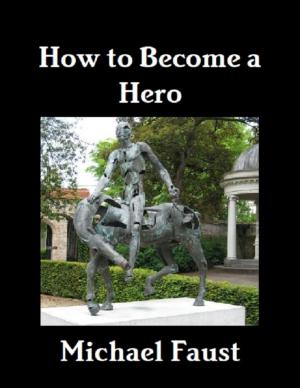Nietzsche: The God of Groundhog Day
Nonfiction, Health & Well Being, Psychology, Pathological Psychology, Religion & Spirituality, Philosophy| Author: | Michael Faust | ISBN: | 9781465849755 |
| Publisher: | Mike Hockney | Publication: | October 27, 2011 |
| Imprint: | Smashwords Edition | Language: | English |
| Author: | Michael Faust |
| ISBN: | 9781465849755 |
| Publisher: | Mike Hockney |
| Publication: | October 27, 2011 |
| Imprint: | Smashwords Edition |
| Language: | English |
Is Groundhog Day the greatest philosophical movie of all time? Under the rom-com exterior, this seminal film touches on Nietzsche's eternal recurrence, Camus' Myth of Sisyphus, and the possibility of becoming a Superman and even God. It's a supreme lesson for life.
Did the German philosopher Hegel think he was God? As for Nietzsche, did his radical atheism disguise a pious Lutheran spirit?
What is the basis of our love of music?
What are the implications of building a machine that gives us everything we want?
Is narrative non-fiction a form of parasitism? Do Novels have Personalities? How can a book be loved by some and hated by others? It gets us nowhere to simply dismiss this question as a matter of taste (whatever that may be). Is it in fact related to how are brains are wired, which may in turn be reflected by our Myers-Briggs personality types? Is the publishing industry dominated by people of a certain Myers-Briggs type, and does that mean that anyone who doesn't belong to this type doesn't have a prayer of being commissioned? Are certain sections of the population being denied the sorts of books they would like to read because the books they enjoy aren't rated by commissioning editors who share a narrow set of tastes?
Is the human race destined to be always stupid?
This is one of a series of books by the Pythagorean Illuminati.
Is Groundhog Day the greatest philosophical movie of all time? Under the rom-com exterior, this seminal film touches on Nietzsche's eternal recurrence, Camus' Myth of Sisyphus, and the possibility of becoming a Superman and even God. It's a supreme lesson for life.
Did the German philosopher Hegel think he was God? As for Nietzsche, did his radical atheism disguise a pious Lutheran spirit?
What is the basis of our love of music?
What are the implications of building a machine that gives us everything we want?
Is narrative non-fiction a form of parasitism? Do Novels have Personalities? How can a book be loved by some and hated by others? It gets us nowhere to simply dismiss this question as a matter of taste (whatever that may be). Is it in fact related to how are brains are wired, which may in turn be reflected by our Myers-Briggs personality types? Is the publishing industry dominated by people of a certain Myers-Briggs type, and does that mean that anyone who doesn't belong to this type doesn't have a prayer of being commissioned? Are certain sections of the population being denied the sorts of books they would like to read because the books they enjoy aren't rated by commissioning editors who share a narrow set of tastes?
Is the human race destined to be always stupid?
This is one of a series of books by the Pythagorean Illuminati.















